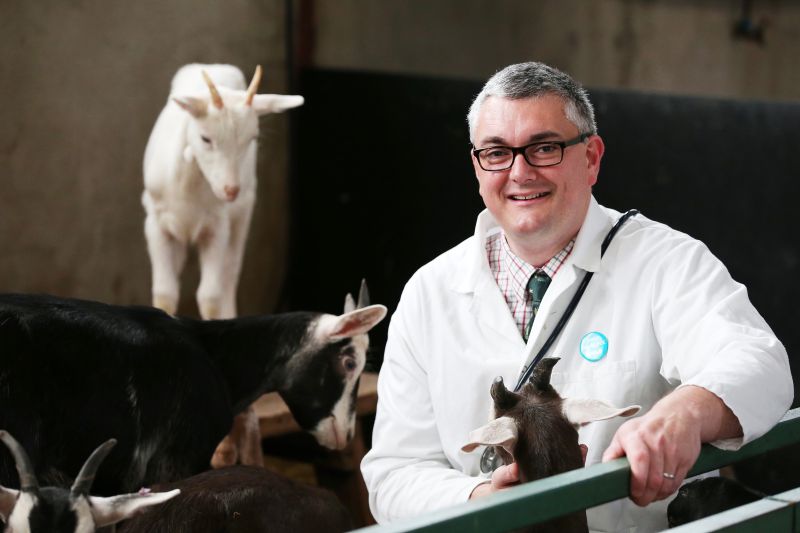
A cross-sector approach 'without a culture of blame' is 'instrumental' in controlling the threat of antimicrobial resistance, the British Veterinary Association says.
In an updated position on responsible antimicrobial use in livestock, the group, which represents 18,000 vets in the UK, says that farmers must be 'empowered and supported' more.
It comes as 94% of vets said in a recent survey that they were concerned about antimicrobial resistance (AMR), and more than 9 in 10 vets mentioned that they were concerned about the potential inability to treat infection.
However, ongoing work by vets and farmers through the RUMA Targets Task Force has led to a 40% reduction in sales of antibiotics meant for use in food-producing animals over the last five years.
Meanwhile, sales of the Highest Priority Critically Important Antibiotics dropped by 52% in this period.
But the British Veterinary Association (BVA) says vets should do more to encourage farmers to avoid the need for antimicrobials, namely through preventative approaches such as herd or flock health plans.
'Maintain momentum'
BVA President Simon Doherty said the industry 'must maintain momentum' in the face of the ongoing global threat posed by antimicrobial resistance.
“Farmers and stock keepers play a huge role in developing and applying disease control measures on farms in collaboration with their vet.
“The Agriculture Bill provides an opportunity to further incentivise and empower farmers to work with their vets to ensure responsible antimicrobial use.”
He added: “A collaborative approach to AMR, underpinned by a commitment from each of us to maintain the highest standards of stewardship in using antimicrobials, especially Critically Important Antibiotics, is the only way we can preserve these essential medicines for both humans and animals in the future.”
BVA’s updated position reiterates that Critically Important Antibiotics should remain available for veterinary use in the interests of animal welfare.
However, it calls on vets to restrict the use of Highest Priority Critically Important Antibiotics as a last resort, where no other product will be effective for the condition being treated.
The group also calls for farm assurance schemes to incorporate responsible use of antimicrobials as a scheme requirement and for government to promote incentives to improve husbandry and biosecurity measures on farm.
